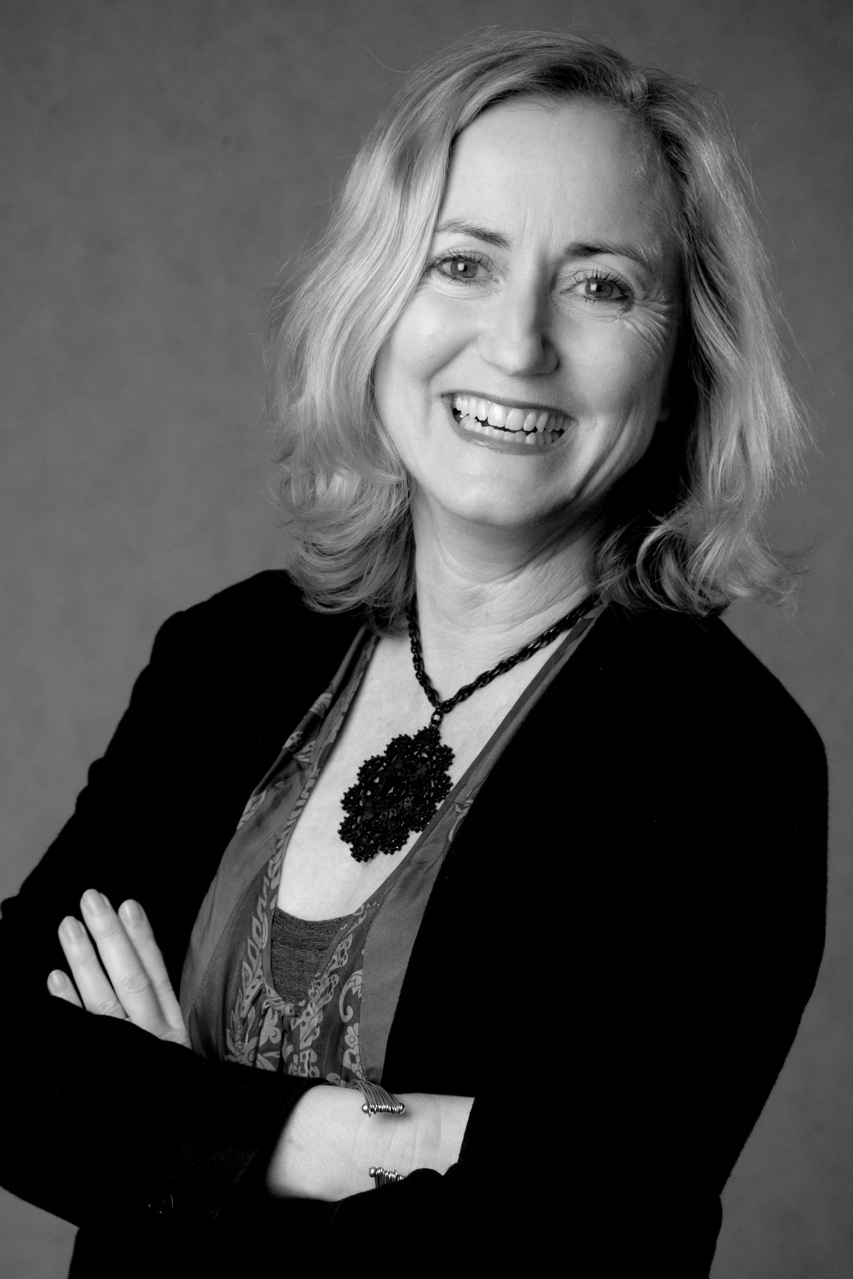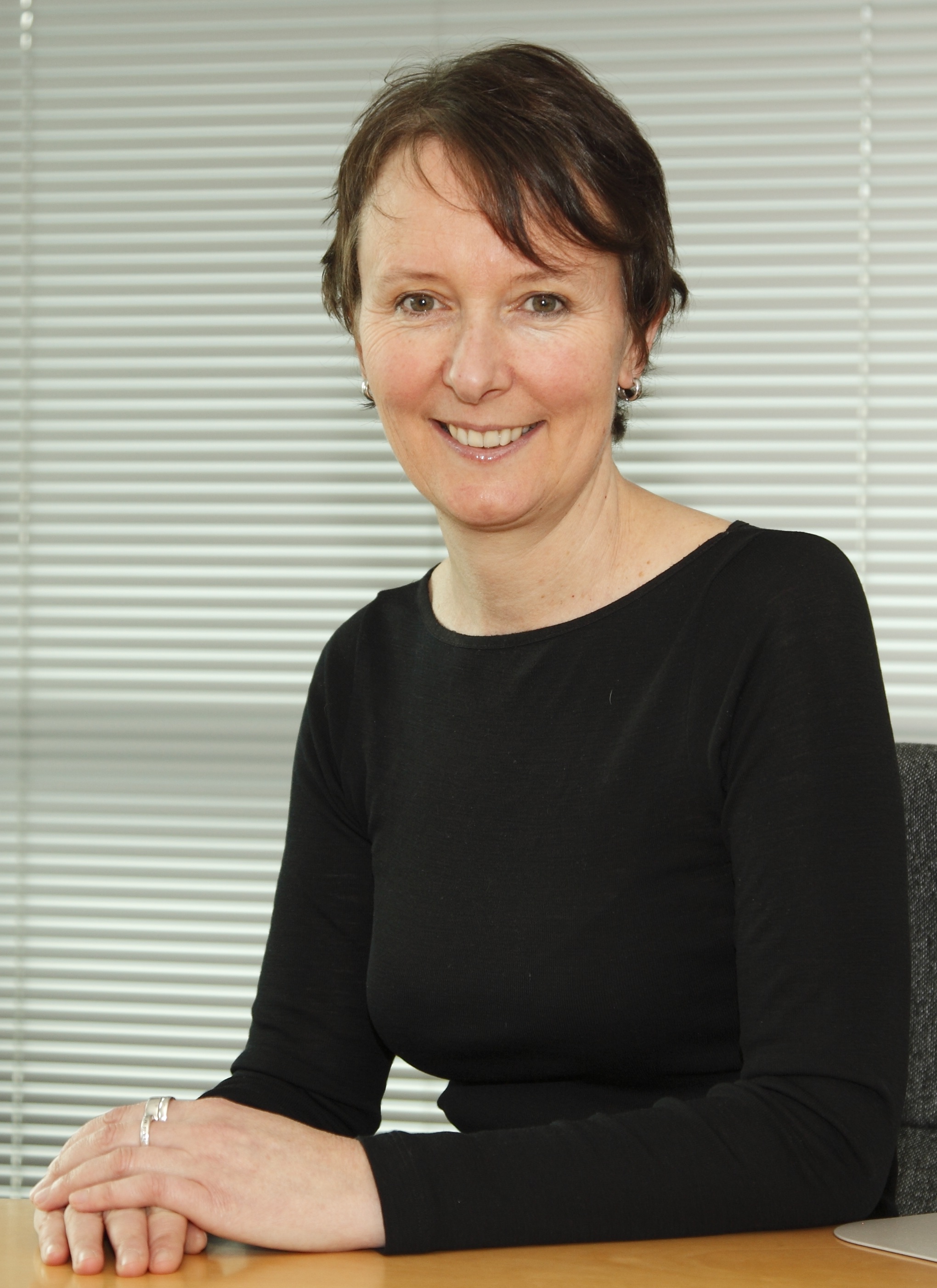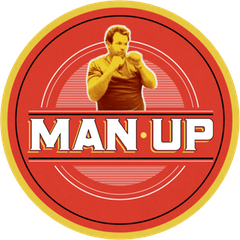The Team
“Man Up” is an Heiress Films production, principally financed by the Movember Foundation in association with the University of Melbourne, and produced in association with the Australian Broadcasting Corporation.

JENNIFER CUMMINS
Executive Producer, Man Up
Jennifer Cummins is the Principal of Heiress Films, a factual production company that specialises in programs that tell personal stories on a large scale. Some recent credits include: Making Australia Happy which was accompanied by a highly successful website, and has sold as an international television format, with Making France Happy produced for Channel M6. Making Couples Happy and Making Families Happy have also aired on the ABC to critical acclaim. The long-running Life Series (ABC) tracks a group of Australian children from their first year of life. A Modern Mutiny – a tale about Norfolk Island – was a ratings hit for SBS when it aired earlier this year as part of the Untold Australia strand. Prior to establishing Heiress Films in 2003, Jennifer was Head of Factual Development at the ABC, spent several years as a freelance director and Series Producer, and notched up ten years at the beginning of her career at the ABC.
Statement from Jennifer Cummins
I love men. I’m surrounded by them: two sons, a husband and even a male dog. Some of my best friends are men. I love working with them, but like many women I’m not sure I understand them that well. So when Professor Jane Pirkis at the University of Melbourne had an idea to make a TV series about how to build resilient men, she had me at ‘hello’.
After making three Happiness series over the past six years (Making Australia/Couples/Families Happy for the ABC) it was clear that men responded differently than women to emotional and life challenges. On a personal level, I had seen how many teens at my son’s all-boys school had struggled with anxiety and depression, and how many of them would engage in destructive behaviours. I wondered often why so many young men found life so tough. And like many of us, felt helpless in the face of it.
The ‘aha’ moment came with the release of new Australian research linking old school views of masculinity (still alive and kicking in Australia) and high male suicide rates. The news was alarming but also held a key as to how our TV series could become a campaign to reduce male suicide in this country, and build emotionally stronger men. To tackle male suicide, we first had to change what it means to be a man.
It seems everyone you talk to has been directly touched by male suicide. During the time of producing the series and campaign, my brother-in-law suicided. I remember as a little girl my cool Uncle Kevin, then 23, died in mysterious circumstances. Mysterious only to me as back then grown-ups didn’t talk about suicide. As we researched, and filming began, everyone had a story about someone close to them suiciding. Everywhere we pointed the camera, men in particular had a story. And they wanted to talk about it: the sadness, the impact, and the confusion as to why. Common was a sense of powerlessness and a desire to go back and change things. Man Up, the TV series and campaign, is our way of offering a few ideas as to how we might change things in the future.

PROFESSOR JANE PIRKIS
Advisory Board, Man Up
I am the director of the Centre for Mental Health at the University of Melbourne, and I have spent the last 25 years conducting research into suicide and its prevention.
I have become increasingly interested in suicide among males, and what might be done about it. The male suicide rate is alarmingly higher than the female suicide rate (18.5 per hundred thousand per year versus 6.0 per hundred thousand per year). This threefold difference is crying out for a solution.
In 2013 we collected the first wave of data in Ten to Men, a longitudinal study of 16,000 Australian boys and men aged 10-55 – the largest national all-male study of this kind anywhere in the world. One of the key early findings from Ten to Men is that ‘self reliance’ as a key risk factor for suicidal thinking.
Those stoic males who are very used to looking after themselves and are holding it in, not wanting to seek help or talk to their mates, they have heightened levels of suicidal thinking.
‘Man Up’ provided an opportunity to see if we could find innovative ways to influence this. We wanted to see whether Man Up could shine a light on the way in which factors like self-reliance may contribute to thoughts and behaviours that increase suicide risk. Does being too stoic reduce the likelihood of a man talking to his mates about things that might be troubling him, for example. We were even more interested to see whether Man Up had the power to change this.
The funding support provided by Movember not only enabled us to work with Heiress Films to make the documentary series, but also allowed us to evaluate it and the campaign that ran alongside it in a scientifically rigorous way.
We recruited 350 men from all different walks of life to take part in a randomised controlled trial (RCT). All of these men completed a questionnaire prior to viewing the documentary to measure various aspects of masculinity, especially those linked with suicidal behaviours. Embedded in the questionnaire was the Conformity to Masculine Norms Inventory (CMNI), a scale that has twenty-two items that measures constructs related to traditional notions of masculinity, like self reliance, risk taking, dominance, and the importance of work. The questionnaire also assessed a whole range of other things, like propensity for seeking help or suggesting sources of help for others.
The men were then given a link to a documentary to view at home. We randomly chose half to view Man Up, and the other half to view a British documentary about brain training, as a control. Once the men had seen their allocated documentary, they were asked to complete a second, very short questionnaire so that we could gauge their immediate reactions to the documentary. One month later, they filled out a repeat of the original questionnaire so that we could see whether there were any changes in terms of their self-reliance, their likelihood of seeking help, and so on. We are poised to do the analysis, and we expect (and hope!) that will see positive changes in the men who viewed Man Up, but no changes in the men who viewed the control documentary.
We’re measuring some of the things that we think might be related to traditional views of masculinity, that might also have an impact on mental health. Like the likelihood of seeking help in times of need, likelihood of reaching out to a mate, likelihood of talking to a mate that you might feel was in a bad spot themselves. And we’re also measuring more directly some indicators of current mental health and levels of suicidal thinking as well.
We have incorporated an additional element of the evaluation of Man Up into Ten to Men. We used the CMNI and asked other relevant questions (e.g., on help-seeking) when we collected the first wave of data in 2013. If everything goes according to plan, we will conduct the third wave of data collection in 2018 (we have just finished conducting the second wave). At the third wave, we will ask our participants to repeat the CMNI and these other questions, and we will also ask them whether they saw Man Up and/or made use of the website or campaign materials. By doing this, we will be able to determine whether there have been shifts in some of the qualities, attitudes and behavioural intentions that might be regarded as typically masculine, and, if so, whether these shifts are associated with exposure to Man Up.
Success will be knowing we have created a documentary that really can shift attitudes and views about traditional masculinity and might encourage those really stoic blokes who are used to bottling stuff up, to talk to others in times of need. And you know, it’s pretty novel for us. Working with researchers is good, but working with the TV people has really been a whole heap of fun.
OUR THANKS TO:
The Roberts Family | The Worland Family | The ‘Man Up’ Advisory Group, in particular Professor Jane Pirkis, Tass Mousaferiadis, Dr Andrea Phelps; and support from Dr Kylie King and Dr Marisa Schlichthorst | Triple M and Southern Cross Austereo | Tom Harkin | Adam Ferrier | Adam Hunt | Lifeline | McLardy McShane Group | Mates in Construction | Mates4Mates | Vanessa Lee | GQ | Hair by Tommy | Balgowlah Boys Campus – Northern Beaches Secondary College | Carlton Hill Station | The Old Fitzroy Hotel, Woolloomooloo | North Sydney Hotel | Naked Yoga Sydney













